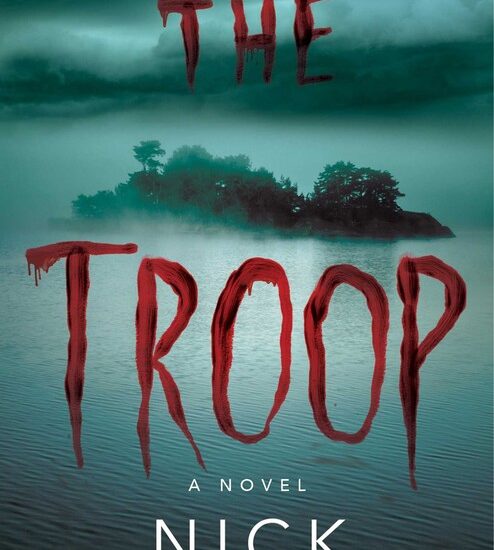Cultural Appropriation
I watched Back to the Future with my 11-year-old daughter over the weekend. It’s been a few years since I’ve watched it. Writing and film-wise it’s held up well over 40 years. However, there were a couple of things I noticed that hadn’t occurred to me before, that I recall anyway, while watching it.
I know I’m not the first person to notice these things, or even close. However, I think it’s something important for each of us to think about and consider in our own lives with the media we consume. It’s especially important for those us trying to create that media.
Most of you will be familiar with the scene toward the end of the movie where Marty plays Johnny B. Goode for the crowd at the Enchantment Under the Sea Dance.
During this scene, Marvin Berry, the lead singer of the band, calls his cousin, the legendary Chuck Berry who recorded Johnny B. Goode and essentially popularized rock ‘n’ roll. Marvin holds the phone up to hear Marty’s rendition of the song and presumably, this is what inspired it.
The history of popular music has a long history of appropriation that I will not delve into now. Suffice it to say, suggesting that Chuck Berry’s classic standard was inspired by a white kid from 1985 could be considered cultural appropriation by some. I don’t think this was the intent of the screenwriters of course. I don’t think most of the artists who have appropriated works from others did so maliciously.
However, there’s another scene that I think gets less attention earlier in the movie. And it’s the scene where Marty first arrives in 1955 Hill Valley and goes into the diner to use the phone. During this scene, he encounters Biff Tannen bullying George McFly, Marty’s father. After Biff leaves, a young black man working at the diner tries to encourage George to stick up for himself. Marty recognizes that this is a young Goldie Wilson, the multi-term mayor of Hill Valley in 1985.
During Goldie’s speech to George, he says that he doesn’t let anyone push him around and he’s going to night school and going to “be somebody.” Marty interjects and says, “That’s right! He’s gonna be mayor.”
And again, the young white hero inspires another black man to greatness. The movie makes it seem as if Goldie hadn’t thought about being mayor until Marty said something. We know from earlier that he becomes mayor and is running for re-election in 1985. He’s even using the same platform and slogan as the current mayor of Hill Valley in 1955.
Now, I don’t think the screenwriters intended anything with this. For 1985 it might have even seemed progressive to have the mayor be black and a scrappy character in his younger years who pulls himself up by his bootstraps. This was Reagan’s America after all. However, the problem isn’t the writers’ intentions. Most people don’t have ill intent. As creators and people of privilege, it’s all too common for us to overlook these things. We don’t have to think about them every day. When was the last time someone could claim white culture was being appropriated? I’m not counting Old Town Road, sorry.
I’m not afraid to admit as someone very early in his writing career that I’m afraid to write characters different from myself. I have a copy of Writing the Other that I need to work my way through still. But I’m willing to put in the work. Stories that have only cisgender, straight, white men would be boring and unrealistic. Having hackneyed, stereotyped characters would be even worse. I hope everyone will help keep me honest.

